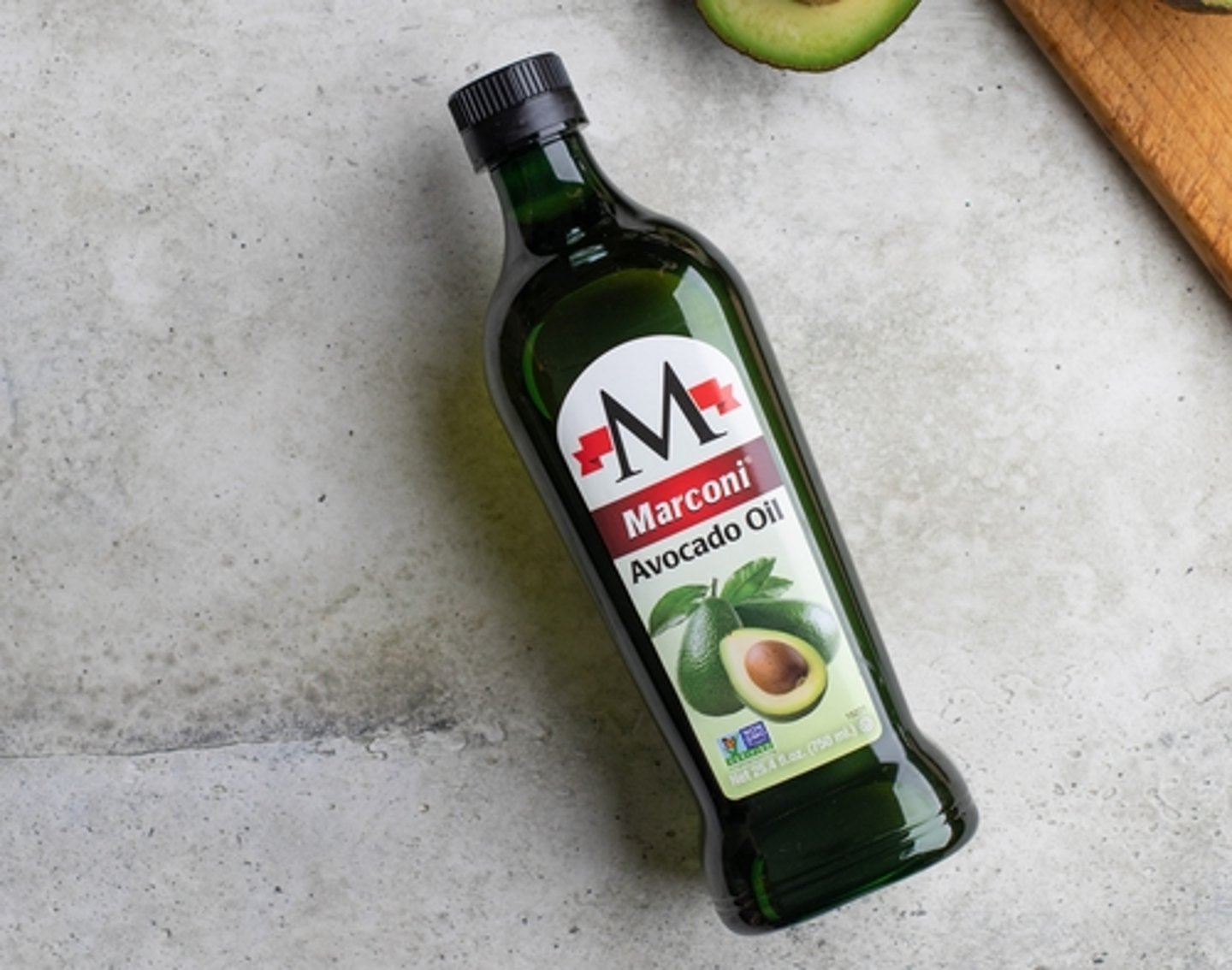Working To Overcome Fraud In The Edible Oils Segment
Food fraud, the act of purposely altering, misrepresenting, mislabeling, substituting, or tampering with a food product at any point along the supply chain, has long been an insidious challenge faced by the food industry. Fraud can occur by multiple means; in the edible oil industry, it typically occurs by short-weighting products or substituting a cheaper oil for the one labeled to increase profit margins.
Fraud produces serious consequences for consumers and vendors alike. Low-grade mix-ins or additives can pose a health risk for consumers who believe they are purchasing an authentic product, while billions in lost revenue place the livelihoods of honest companies at risk. The Food and Drug Administration (FDA) estimates that fraud may cost the global food industry up to $40 billion annually, and a recent spike in olive oil fraud in Europe indicates the issue is only worsening. A comprehensive plan of action is necessary to swiftly address fraud in the global food industry; otherwise, consumer trust will continue to deteriorate as the industry’s reputation worsens.
In the edible oil industry, concerns about the authenticity of olive oil have prompted the international organization CODEX Alimentarius to take proactive steps to safeguard the authenticity of other oils, most recently, avocado oil, whose recent surge in popularity has been accompanied by increased fraud. This November, CODEX will officially recognize avocado oil as a new oil, and members will vote on proposed quality standards for avocado oil worldwide. This critical move towards tackling fraud will establish a baseline standard for oil quality, preventing the use of rancid avocados or mix-ins to increase profit margins.
Though CODEX standards do not apply to domestic trade, the FDA and local legislators have the power to safeguard the food supply chain in the U.S. by taking similar steps. Currently, food fraud has not received significant attention from governing bodies with the power to enforce existing regulations or implement new policies, enabling fraudsters to continue producing and selling dishonest products with little to no consequence.
To ensure the authenticity of food products within the U.S., the FDA and local legislators must answer the call of consumers and vendors to enforce existing laws and regulations surrounding the weights and measures of food products. This would require state and federal governments to review regulations at all stages of the supply chain and improve their ability to enforce existing regulations and implement new policies. Without ramifications, fraudsters will continue to engage in dishonest practices unnoticed.
There is reason to hope that meaningful change is on the horizon. Earlier this year, FDA Commissioner Dr. Robert Califf vowed to overhaul the agency’s food safety and nutrition division. This acknowledgment of current shortcomings could lead to significant structural changes that would better protect consumers and the U.S. food supply.
Until governing bodies answer this call, companies can take some action to prevent the spread of fraud on their own. At Catania Oils, we are committed to leveraging advanced testing methodologies to ensure the authenticity of our products. For example, our head of QA, Gwen Farley, has co-authored a study with Purity-IQ to evaluate avocado oil using Nuclear Magnetic Resonance (NMR) spectroscopy, a cutting-edge method that provides unparalleled accuracy in identifying oil adulteration.
NMR spectroscopy analyzes the entire oil molecule, offering a comprehensive assessment that surpasses traditional fatty acid profile testing. The study demonstrated that adulteration with oils like safflower and sunflower could be effectively identified using NMR coupled with multivariate statistical analysis.
These findings underscore the importance of sophisticated testing solutions to maintain product integrity. The spectral library developed as part of this research allows for the differentiation between authentic and adulterated oils with a high degree of confidence, ensuring that consumers can trust the purity of the products they purchase. In one test, blind samples of avocado oil purchased from the market revealed a significant percentage of adulteration, even in products labeled as pure. This method also aids in tracking batch-to-batch consistency, making it a reliable tool for quality assurance across the industry.
Food fraud remains a sinister issue that comes with great risks for the food industry and the consumers who rely on it. While innovations in product testing like NMR spectroscopy help identify fraud and prevent its spread on a small scale, the active participation of governing bodies is critical to reducing fraud nationwide.
Joseph Basile is president of Catania Oils, a leading processor and packager of plant-based oils for retail outlets, bulk purchases, and the food service industry.





